Retinol Vs Hyaluronic Acid For Wrinkles
Skincare plays a crucial role in anti-aging, helping to maintain youthful, healthy skin. Retinol and hyaluronic acid are two of the most popular ingredients in the fight against wrinkles. This article explores the effectiveness of each, comparing their benefits and helping you decide which is best for your skincare needs.
Here is quick comparison how to choose between Retinol and Hyaluronic Acid ⏬
| Criteria | Retinol | Hyaluronic Acid |
|---|---|---|
| Skin Type Considerations | Best for aging skin with visible wrinkles | Ideal for dry or sensitive skin |
| Targets fine lines, wrinkles, and loss of firmness | Gentle and hydrating, replenishes moisture | |
| Skincare Goals | Long-term wrinkle reduction | Immediate hydration and skin plumping |
| Improves skin texture and promotes collagen | Smooths fine lines caused by dehydration | |
| Personal Preferences | Requires commitment and may cause initial irritation | Easy to incorporate with minimal side effects |
| Gradual introduction needed for tolerance | Suitable for daily use by all skin types |
Understanding Retinol
What is Retinol?
Retinol is a powerful and widely-used ingredient in skincare, derived from Vitamin A. It belongs to a broader category of compounds known as retinoids, which also include retinoic acid, retinyl palmitate, and retinaldehyde. These compounds vary in strength and efficacy, with retinoic acid being the most potent and retinol being a more accessible and milder option. Retinol is celebrated for its ability to transform skin, making it a key player in anti-aging treatments.
Benefits of Retinol
Retinol is renowned for its multiple skin benefits. Its primary advantage is its ability to reduce the appearance of wrinkles and fine lines by encouraging the production of new skin cells and collagen. Over time, retinol use can result in a more youthful complexion, with smoother, firmer skin. Additionally, retinol can help improve skin texture and tone, making it an excellent choice for those struggling with rough or uneven skin. It’s also effective in treating acne and reducing hyperpigmentation, as it helps unclog pores and fades dark spots, contributing to a clearer and more even complexion.
Who Should Use Retinol?
Retinol is generally recommended for individuals in their late 20s or early 30s, as this is when the first signs of aging, such as fine lines and wrinkles, often begin to appear. However, it can be beneficial for anyone with visible signs of aging, regardless of age. It’s also suitable for various skin types, although those with sensitive skin should start with a lower concentration to avoid irritation. People with acne-prone or uneven skin can also benefit from retinol’s ability to promote clearer, smoother skin. For best results, it’s advisable to consult with a dermatologist to determine the appropriate form and concentration of retinol for your specific skin needs.
Understanding Hyaluronic Acid
What is Hyaluronic Acid?
Hyaluronic acid (HA) is a naturally occurring substance in the human body, primarily found in the skin, connective tissues, and eyes. It is a type of glycosaminoglycan, a molecule known for its remarkable ability to retain moisture—up to 1,000 times its weight in water. This moisture-binding capacity makes hyaluronic acid essential for maintaining the skin’s hydration and plumpness. In skincare, hyaluronic acid is often found in various forms, including sodium hyaluronate and hydrolyzed hyaluronic acid. Sodium hyaluronate is a salt derived from hyaluronic acid, known for its ability to penetrate the skin more easily, while hydrolyzed hyaluronic acid is broken down into smaller molecules, allowing for deeper skin absorption.
Benefits of Hyaluronic Acid
The primary benefit of hyaluronic acid is its ability to deeply hydrate the skin and retain moisture. This hydration helps to smooth the skin’s surface, reducing the appearance of fine lines and making the skin look more youthful and radiant. Hyaluronic acid’s moisture-retention properties also help to improve skin elasticity, giving it a firmer, more toned appearance. Additionally, because hyaluronic acid is a naturally occurring substance in the body, it is well-tolerated by most skin types, including sensitive and acne-prone skin. It is non-comedogenic, meaning it won’t clog pores, making it a versatile and effective ingredient for everyone.
Who Should Use Hyaluronic Acid?
Hyaluronic acid is suitable for all ages and skin types, making it a versatile ingredient in any skincare routine. It is particularly beneficial for individuals with dry or dehydrated skin, as it provides the deep hydration needed to restore moisture balance. Those with mature skin can also benefit from hyaluronic acid, as it helps to smooth fine lines caused by dehydration and adds a youthful plumpness to the skin. Even those with oily or acne-prone skin can use hyaluronic acid, as it hydrates without adding excess oil or clogging pores. Due to its gentle nature, hyaluronic acid is ideal for those with sensitive skin, providing hydration without causing irritation. Whether used in a serum, moisturizer, or mask, hyaluronic acid is an effective way to enhance skin hydration and improve overall skin health.
Comparing Retinol and Hyaluronic Acid
Mechanism of Action
Retinol and hyaluronic acid serve different purposes in skincare, each focusing on distinct aspects of skin health. Retinol works by promoting skin renewal and stimulating collagen production. It accelerates the process of shedding old skin cells and generating new ones, which helps to rejuvenate the skin, improve texture, and reduce the appearance of wrinkles. By enhancing collagen production, retinol also strengthens the skin’s structure, making it firmer and more resilient over time.
On the other hand, hyaluronic acid primarily focuses on hydration and skin plumping. As a powerful humectant, it attracts and retains moisture in the skin, providing deep hydration that leads to a more supple and smooth complexion. Hyaluronic acid helps fill out fine lines caused by dehydration, giving the skin an instant plump and youthful appearance. Unlike retinol, it doesn’t alter the skin’s structure but enhances its moisture content, making it appear healthier and more vibrant.
Effectiveness in Treating Wrinkles
When it comes to treating wrinkles, both retinol and hyaluronic acid are effective but in different ways. Retinol is best for long-term wrinkle reduction and skin rejuvenation. Its ability to promote collagen production and accelerate cell turnover means it addresses the underlying causes of wrinkles, leading to a gradual but significant improvement in skin texture and firmness. Over time, regular use of retinol can result in a noticeable reduction in fine lines and deeper wrinkles, making it a key ingredient for those focused on anti-aging.
Hyaluronic acid, while not directly reducing wrinkles caused by aging, is highly effective at smoothing out fine lines associated with dehydration. It provides immediate hydration, which plumps the skin and temporarily reduces the appearance of these lines. This makes hyaluronic acid ideal for those looking for instant results, such as before an event, or as part of a daily routine to maintain a hydrated, glowing complexion.
Side Effects and Tolerance
Retinol is a potent ingredient, but it can come with side effects, especially when first introduced into a skincare routine. Common side effects include irritation, redness, and peeling, as the skin adjusts to the increased cell turnover. Retinol also increases the skin’s sensitivity to sunlight, requiring careful use of sunscreen during the day. Due to these potential issues, retinol requires a gradual introduction, starting with lower concentrations and slowly increasing frequency of use as the skin builds tolerance.
In contrast, hyaluronic acid is generally well-tolerated by all skin types, including sensitive skin. It has minimal side effects, with only rare cases of mild irritation or allergic reactions. Its gentle nature makes it a safe choice for daily use and a versatile ingredient for a wide range of skin types, from dry to oily and everything in between. Because hyaluronic acid mainly works on the skin’s surface to hydrate, it doesn’t cause the deeper, more intense reactions that retinol might.
Usage in Skincare Routine
Both retinol and hyaluronic acid can be valuable additions to a skincare routine, but they should be used thoughtfully to maximize their benefits. Retinol is typically applied at night, after cleansing and before moisturizing. Starting with a lower concentration and using it every few nights allows the skin to acclimate. It’s important to use sunscreen during the day when using retinol, as it increases sun sensitivity.
Hyaluronic acid can be used both morning and night, depending on your skincare needs. It is usually applied after cleansing and toning, but before moisturizing. Its ability to draw moisture makes it particularly effective when followed by a good moisturizer that locks in the hydration.
Can they be used together? Absolutely, with proper layering and timing. For those incorporating both into their routine, it’s recommended to use retinol first (preferably at night) and then follow with hyaluronic acid. The hyaluronic acid helps to hydrate the skin, which can mitigate some of the dryness and irritation that retinol might cause. In the morning, hyaluronic acid can be used alone to keep the skin hydrated throughout the day. This combination allows users to reap the long-term anti-aging benefits of retinol while maintaining optimal skin hydration with hyaluronic acid.
Which One is Right for You?
Choosing between retinol and hyaluronic acid depends on your skin type, skincare goals, and personal preferences.
Skin Type Considerations
If you have dry or sensitive skin, hyaluronic acid may be more suitable due to its gentle, hydrating properties that help retain moisture without causing irritation. On the other hand, if you have aging skin with visible wrinkles, retinol is likely a better choice, as it targets deeper wrinkles and promotes collagen production for long-term skin rejuvenation.
Skincare Goals
Consider your primary skincare goals. If you seek immediate hydration and a plump, dewy complexion, hyaluronic acid is ideal. It provides quick moisture and smooths fine lines caused by dehydration. However, if you’re focused on long-term wrinkle reduction, retinol is more effective, offering gradual but significant improvements in skin texture and firmness over time.
Personal Preferences
Retinol requires a commitment to a consistent routine and may cause initial irritation, such as redness or peeling. If you’re comfortable with these potential side effects and are looking for more intensive anti-aging benefits, retinol is a good choice. Conversely, hyaluronic acid is easier to incorporate into any routine, with minimal risk of side effects, making it ideal for those seeking effective yet gentle skincare.

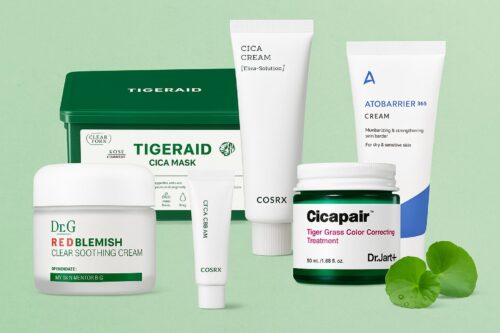
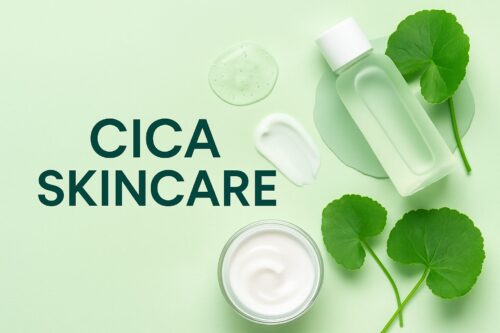



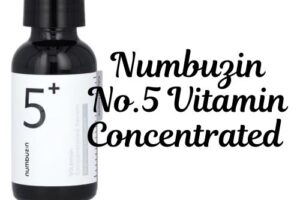
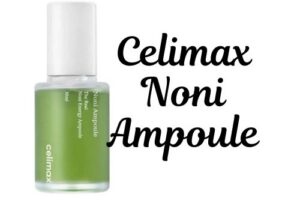
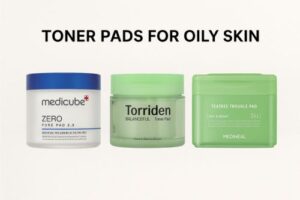
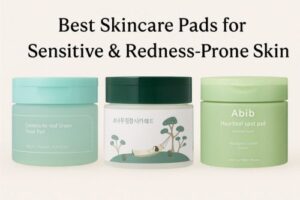
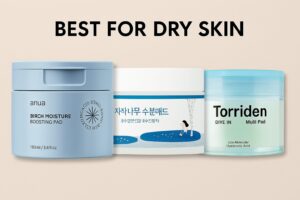
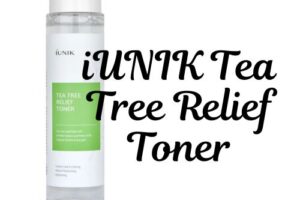
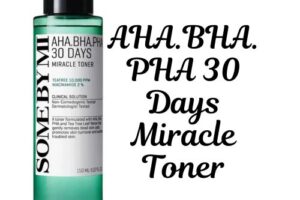
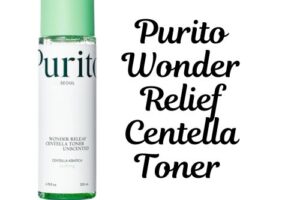
Post Comment